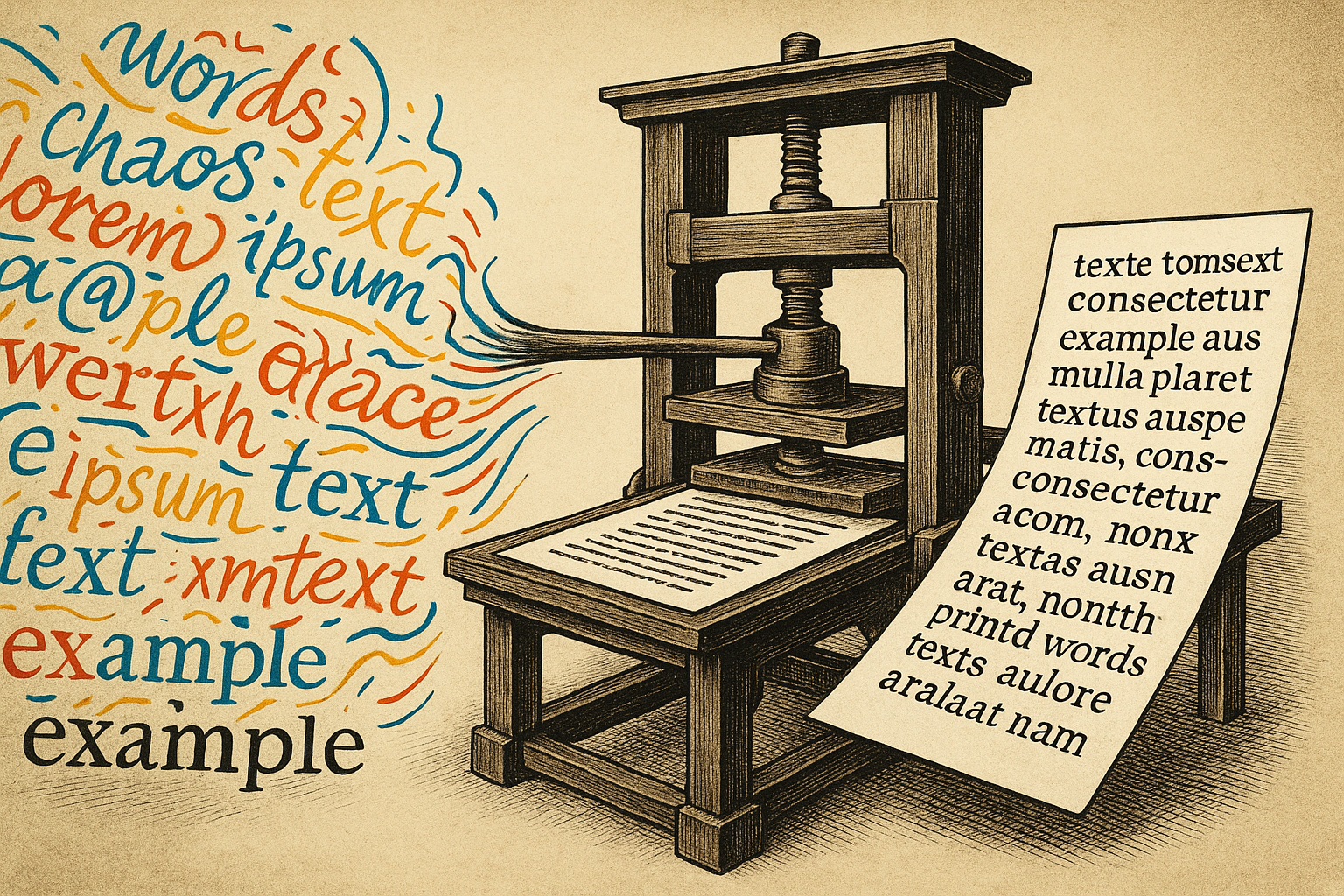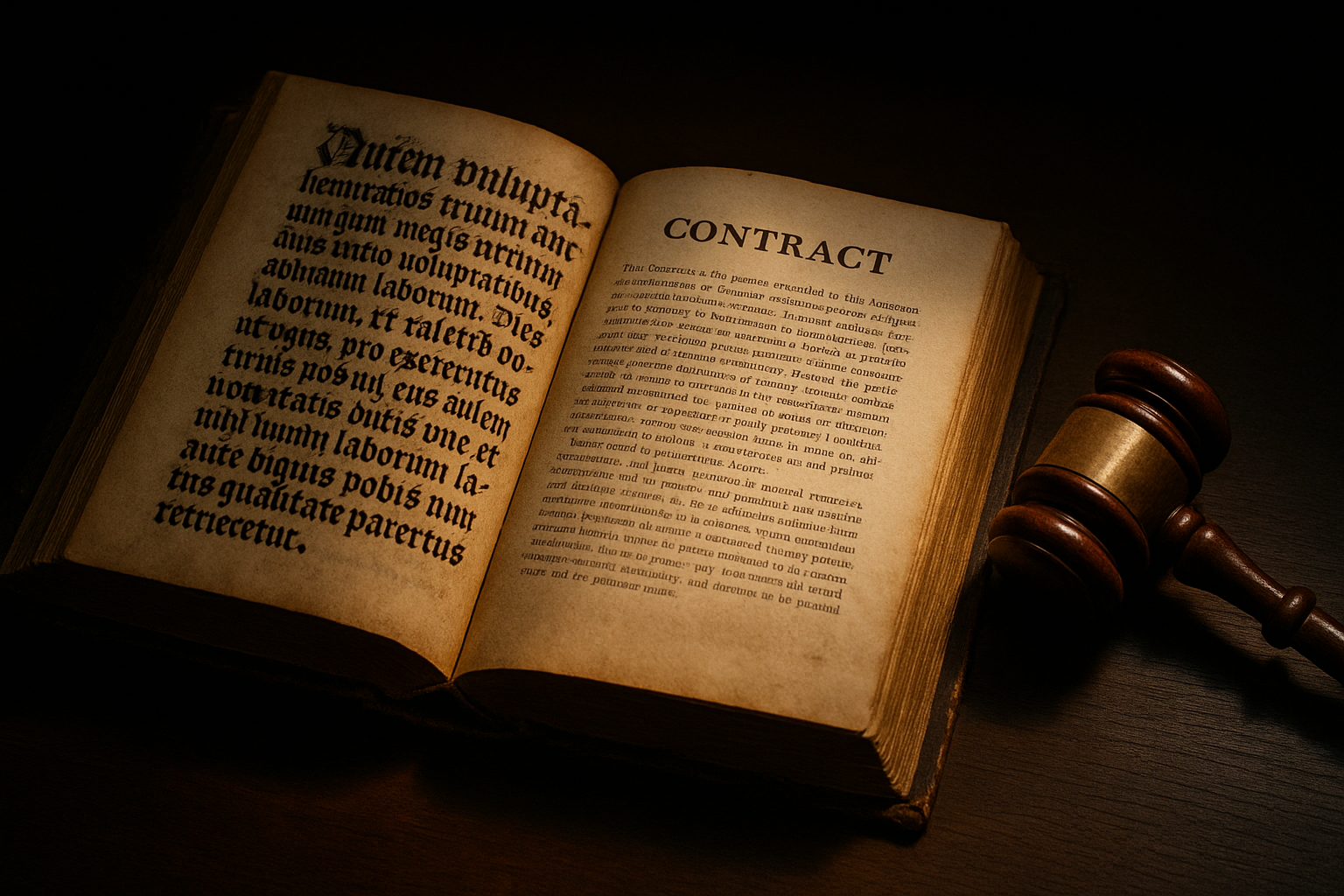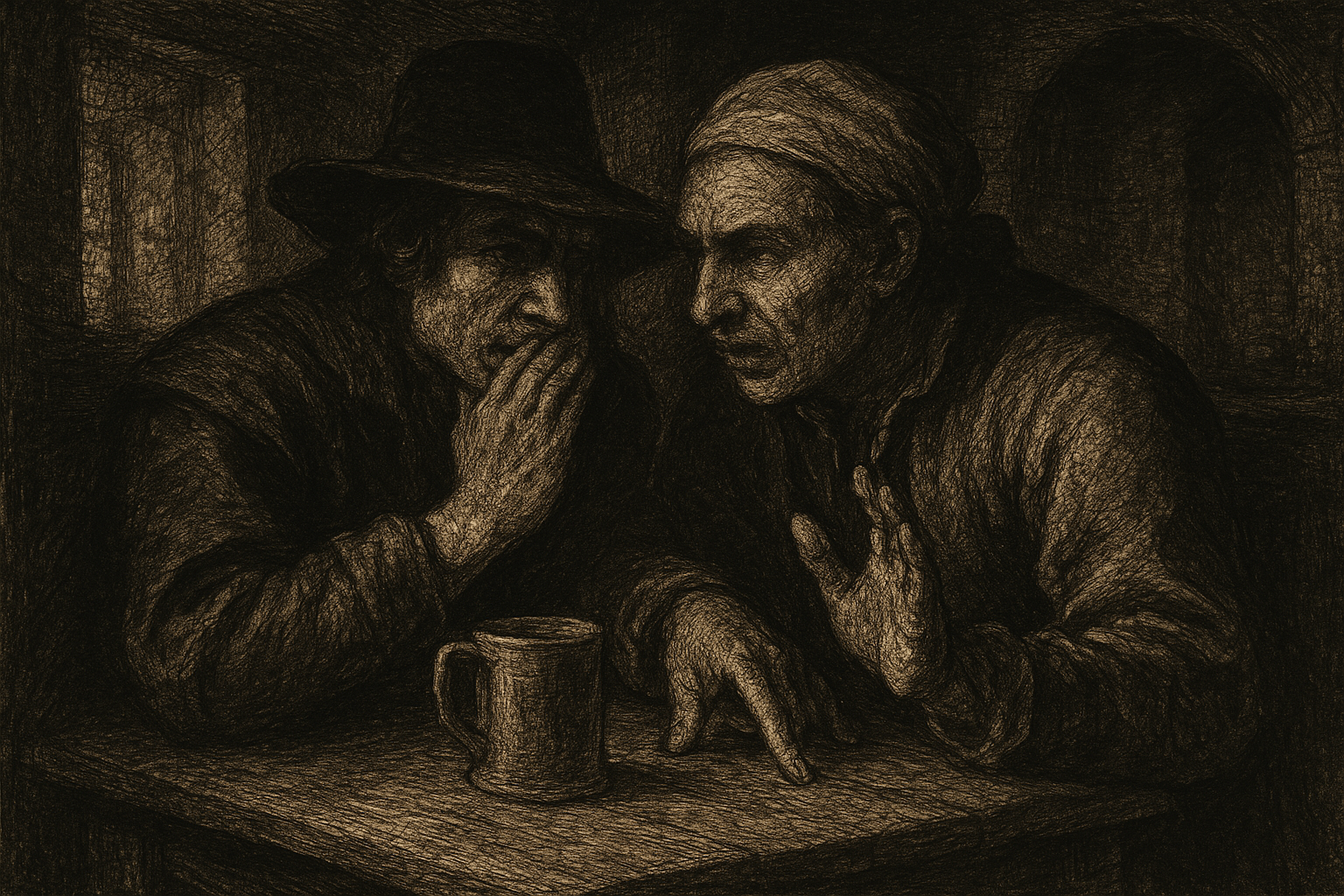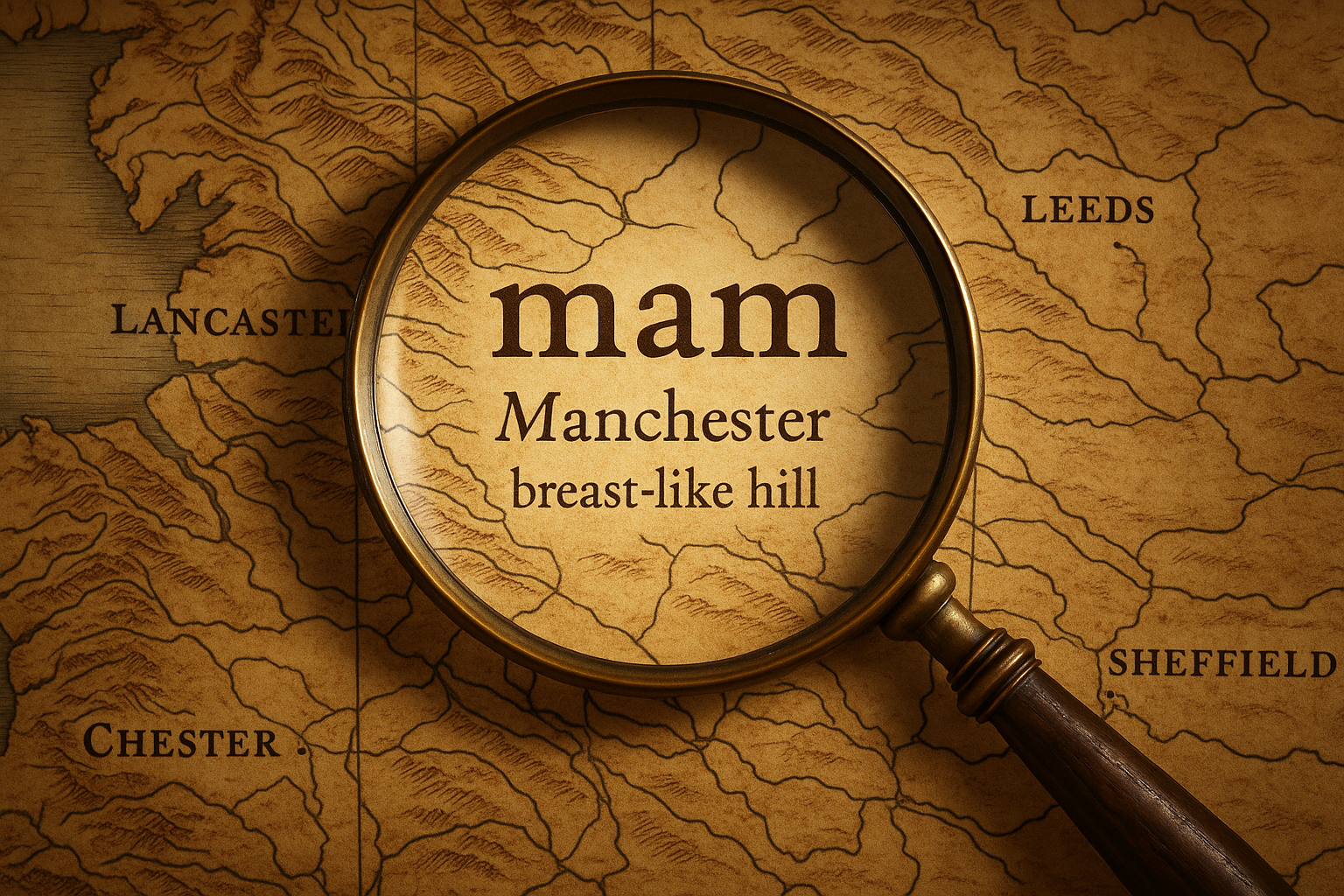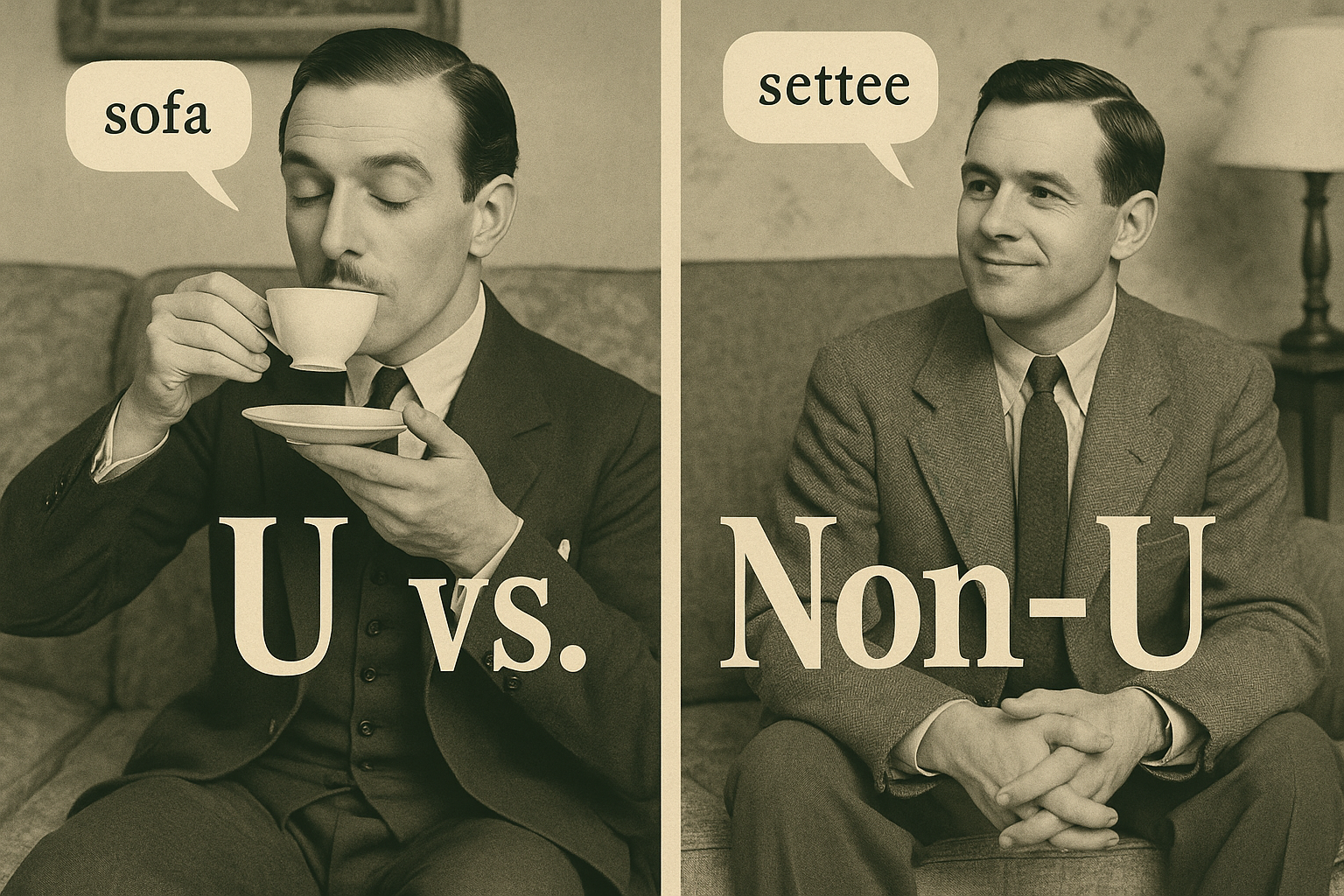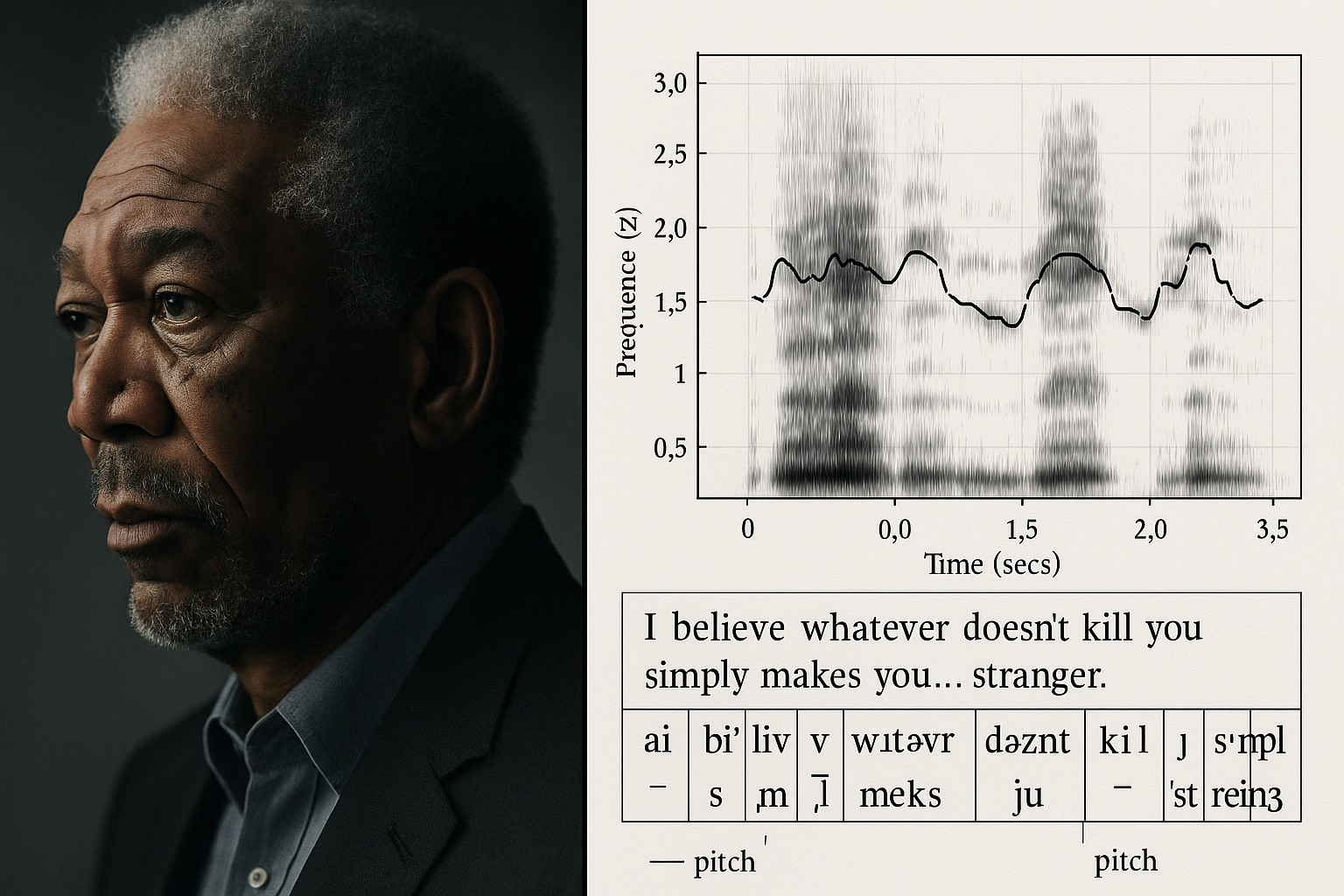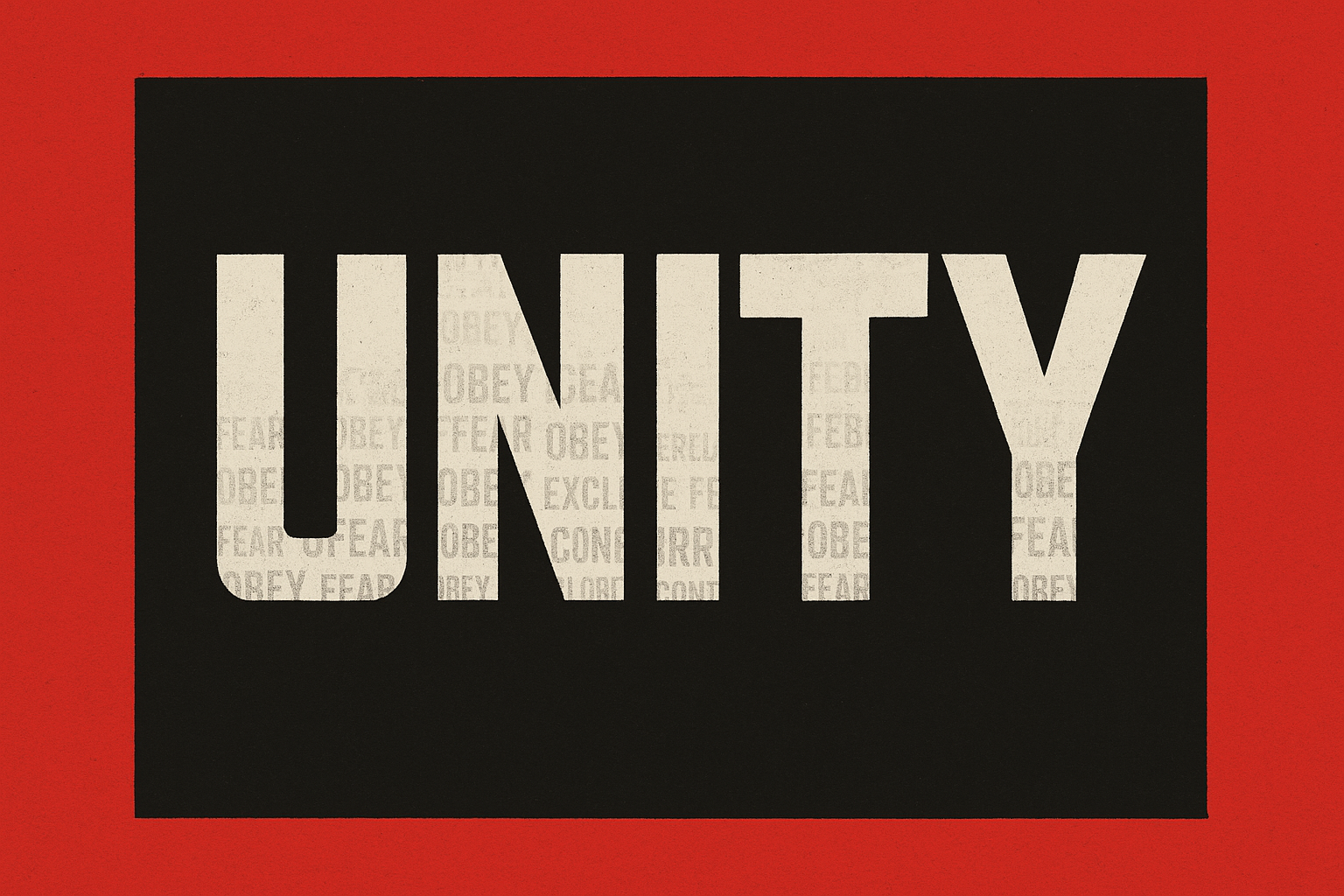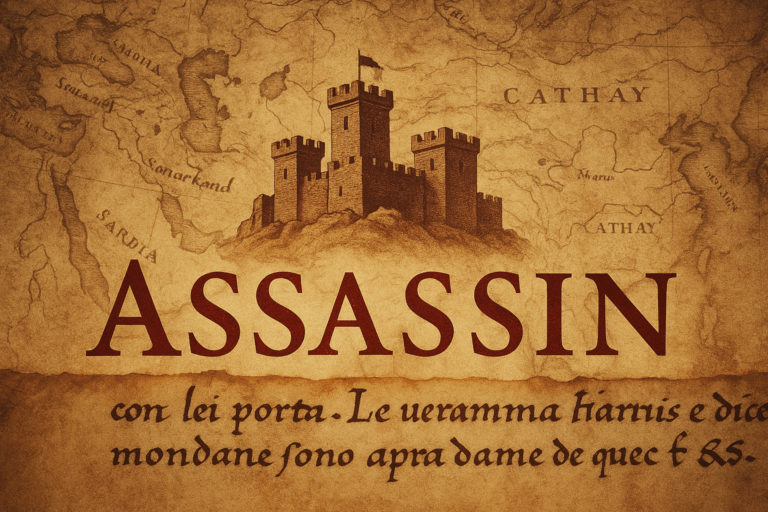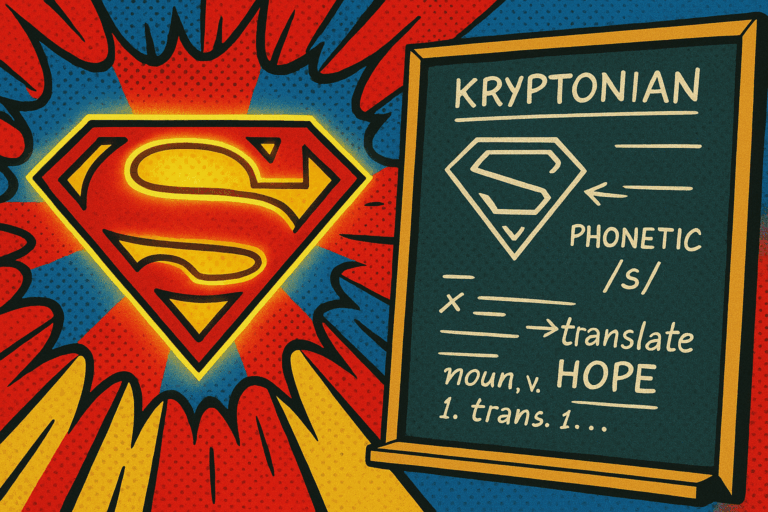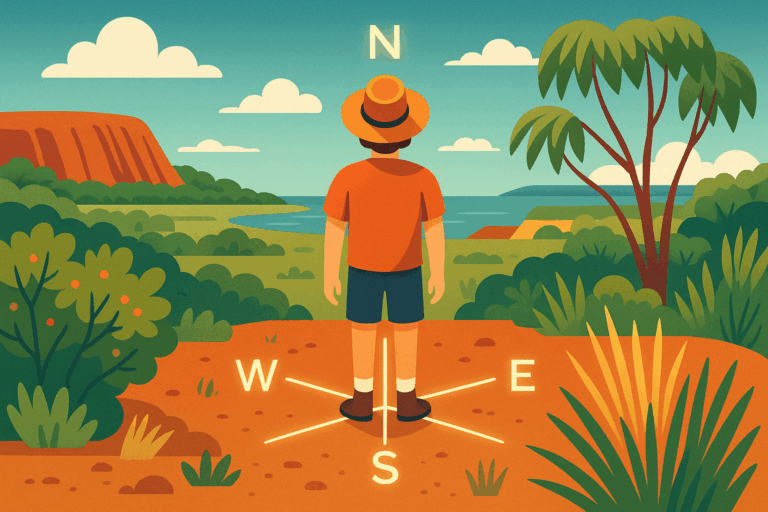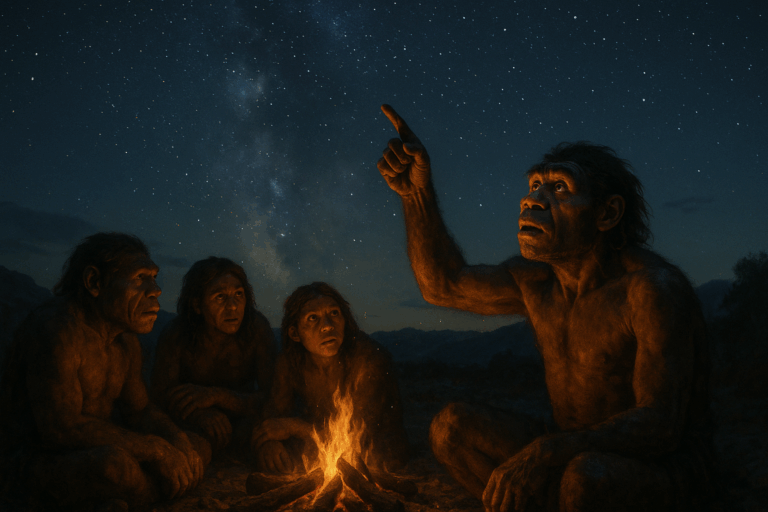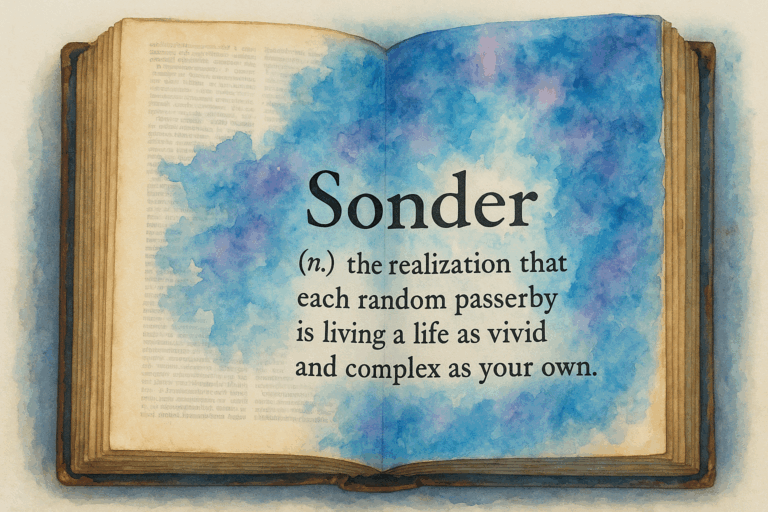The Press That Froze Language
The invention of the printing press was a revolution not just for knowledge, but for language itself. Before Gutenberg, language was a fluid, evolving entity, but the press acted as a linguistic freezer, locking in spelling and elevating one regional dialect to rule them all. This single technology silenced countless variations and shaped the wonderfully complex, and often illogical, standardized languages we speak today.
